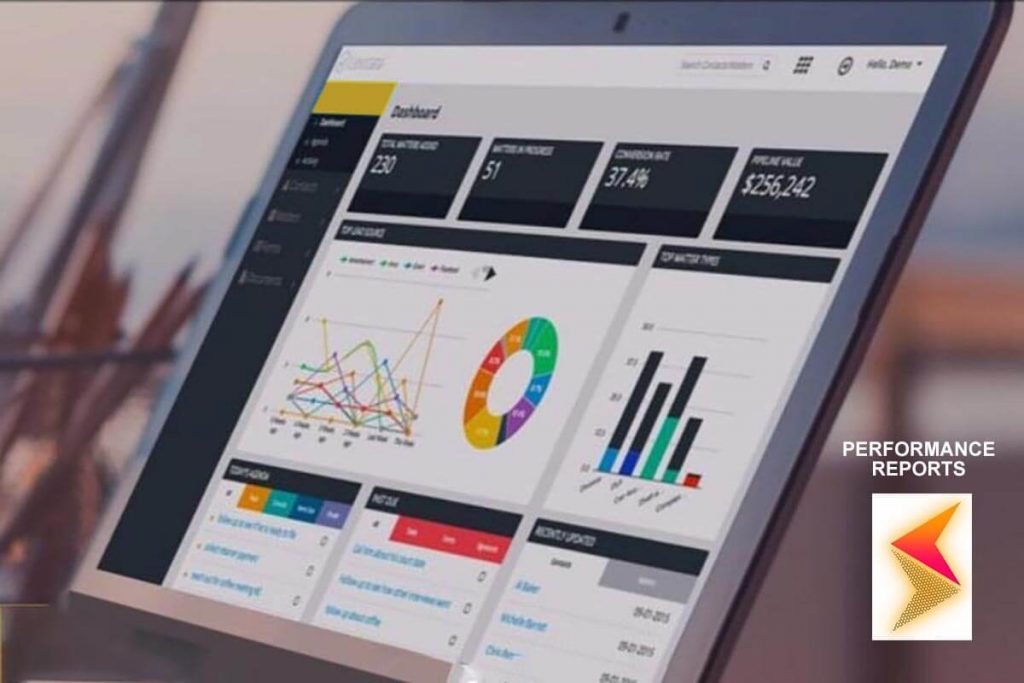CDJ Insights
Uncovering the latest trends and insights in music and technology.
Speed Thrills: Rev Up Your Website Performance
Unleash the power of speed! Discover top tips to turbocharge your website performance and keep visitors coming back for more!
Top 5 Website Speed Optimization Techniques You Need to Know
Website speed is a critical factor in ensuring a positive user experience and improving your site’s rankings on search engines. Here are the Top 5 Website Speed Optimization Techniques that every web owner should implement:
- Minimize HTTP Requests: Reducing the number of elements on your page can significantly enhance loading times. Tools like GTmetrix can help analyze your page's requests and suggest ways to minimize them.
- Optimize Images: Large images can slow down your site considerably. Use image compression tools such as TinyJPG to reduce file sizes without sacrificing quality.
- Leverage Browser Caching: Enabling browser caching allows visitors to store parts of your site in their browser, improving load times for repeat visits. Refer to Web.dev's guide for comprehensive tips.
- Use a Content Delivery Network (CDN): A CDN distributes your content across various servers worldwide, ensuring faster access for users regardless of their location. Services like Cloudflare can enhance your site's performance.
- Minify CSS, JavaScript, and HTML: Removing unnecessary characters from your code can reduce file size and improve load speeds. You can use online tools like Minifier to streamline this process.

How Website Speed Impacts User Experience and SEO Rankings
Website speed is a critical factor that significantly impacts both user experience and SEO rankings. Research indicates that users expect a webpage to load in under three seconds; exceeding this can lead to increased bounce rates and a negative perception of the brand. When visitors encounter slow-loading sites, they are likely to abandon them in favor of faster alternatives, which can ultimately result in lost revenue. In fact, according to a study by Cloudflare, a delay of just one second can reduce customer satisfaction by approximately 16%. Maintaining optimal load times is, therefore, essential for keeping users engaged and satisfied.
Furthermore, website speed plays an integral role in search engine optimization. Google has made it clear that faster sites are favored in search results, as speed is one of the many signals used by its algorithms. In addition, tools like Google PageSpeed Insights can help website owners analyze their speed and provide actionable recommendations for improvement. Overall, optimizing site speed not only enhances user experience but also boosts SEO rankings, leading to greater visibility and higher traffic. Prioritizing speed is not just about satisfying your visitors; it's also a strategic move for improving your website’s overall performance.
Is Your Website Slower Than It Could Be? Discover Key Performance Metrics
In today's digital landscape, website performance is crucial for maintaining user engagement and improving search engine rankings. A slow website not only frustrates visitors but can also lead to higher bounce rates and lower conversions. To ensure your site operates optimally, it's essential to monitor key performance metrics. The primary indicators to focus on include Page Load Time, Time to First Byte (TTFB), and First Contentful Paint (FCP). You can learn more about these metrics and their impact on user experience from Google Developers.
Moreover, Core Web Vitals—a set of specific factors that Google considers important in a webpage's overall user experience—should not be overlooked. Metrics such as Cumulative Layout Shift (CLS) help measure the visual stability of your site, which is critical for user satisfaction. Regularly analyzing these metrics can significantly enhance your site's speed and performance. For a comprehensive understanding of optimizing your site’s performance, you can visit Web.dev for practical tips and tools.